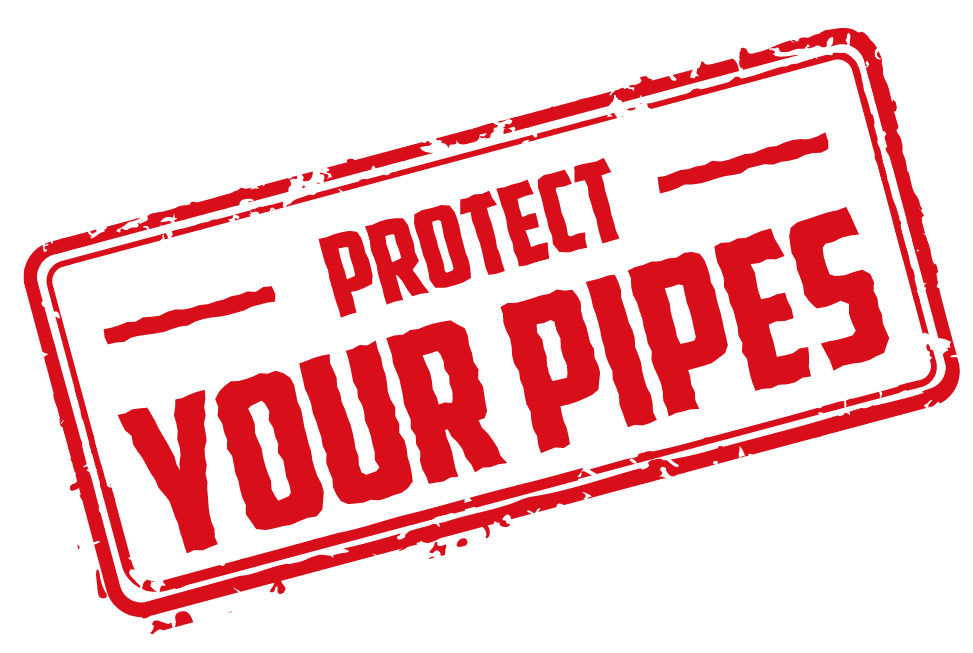Wipes Hurt Pipes
Wipes appeal to a large and broad market and can be used for a variety of purposes from household cleaning to personal hygiene. Companies heavily advertise their "flushable" wipes, which come across as convenient and cheap. But plumbers make a lot of house calls that involve clogged toilets, backed up sewer lines, and flooded basements due to nasty clogs.
The most popular perpetrators are baby wipes and other non-dispersible paper materials, like facial tissues (make up removing wipes), household cleaning wipes, cotton balls, Q-tips, tampons, pads, dental floss, non-flushable paper towels, and other trash.
Most baby wipes and similar materials aren’t designed to be flushed—“flushable” products like wipes do not readily disperse upon flushing and actually remain in a solid state while traveling through the sewer system. They may clog your pipes at home resulting in costly visits from your plumber. They may get caught in the public wastewater system, which can cause thousands of dollars worth of damage to regional pumping equipment leading to higher sewer bills for us all. While many of these products might masquerade as “flushable” and “sewer friendly”, don’t be fooled!
See what happens to wipes after they are flushed.
What does “flushable” really mean?
A big cause of this clogging crime is that many consumers are confused about which wipes are flushable and which are not. Currently there are no manufacturing regulations or legal requirements that a product must meet in order to claim that it is “flushable” and only voluntary guidelines may be followed at the discretion of manufacturers. The lack of laws to define the “flushable” and “sewer-and-septic-safe,” designation allows troublemaking materials to run amuck in our pipes.
In Consumer Reports’ standard tests, toilet paper breaks down quickly. But when testers ran the same test with the flushable wipes they didn’t break down at all.
Care for Your Commode
There are only three things that should be flushed down your toilet: Pee, Poop, (toilet) Paper. Whether you call it the the loo, the john, or the porcelain throne, keep in mind that it’s a toilet, not a trashcan! Use the 3 P’s to protect your pipes and help you flush smart and save money!
*Tip: Keep a trashcan in your bathroom to easily dispose of non-flushable materials.



